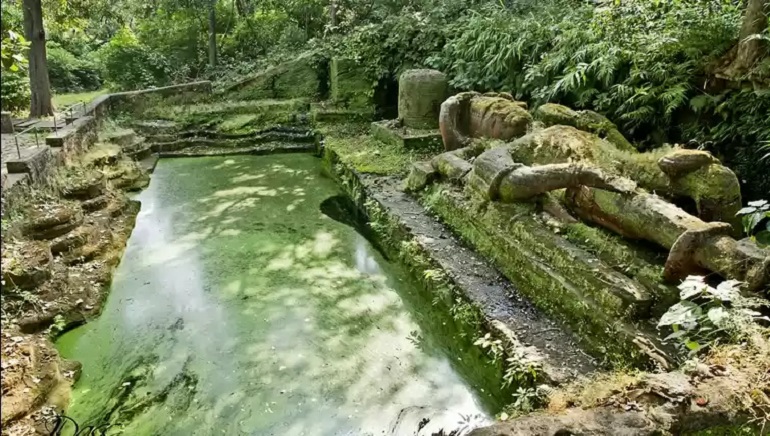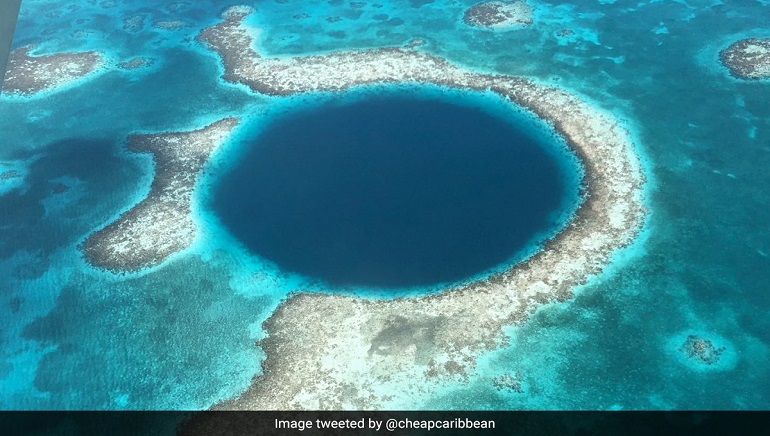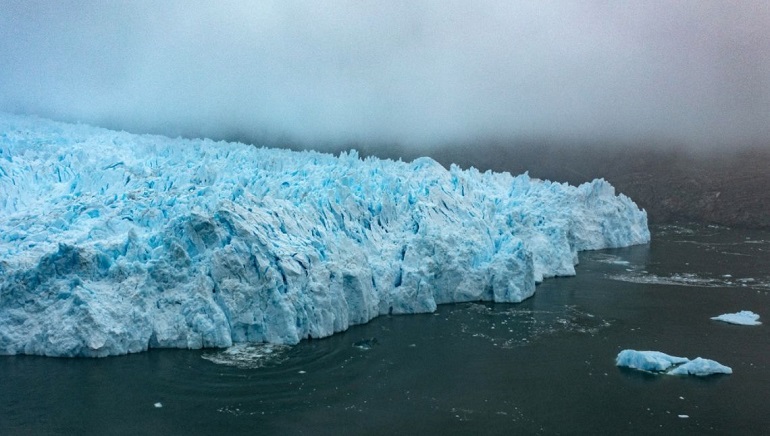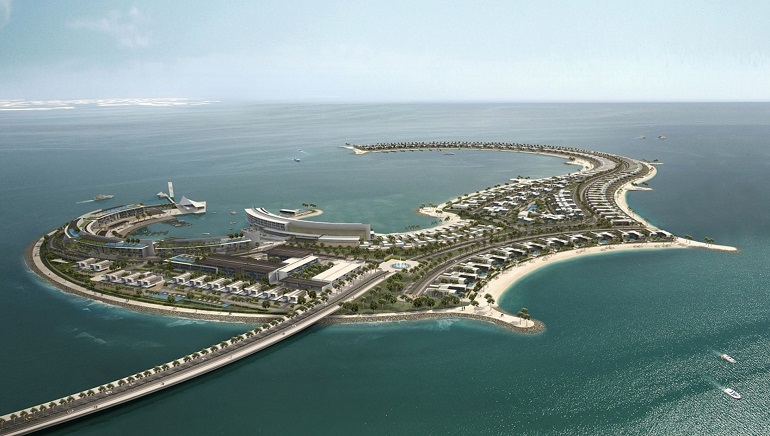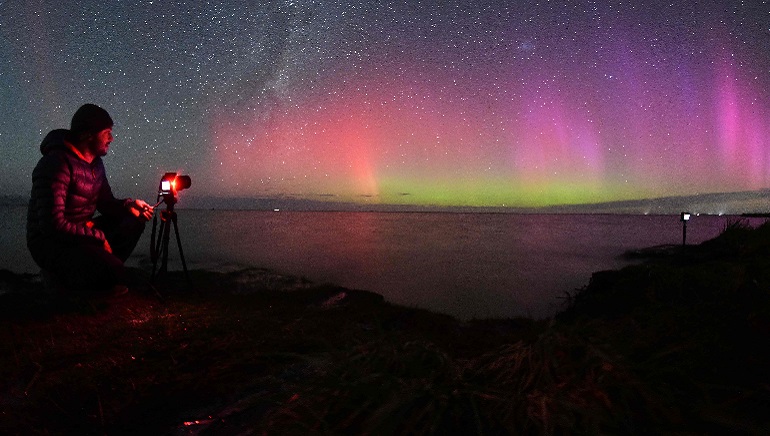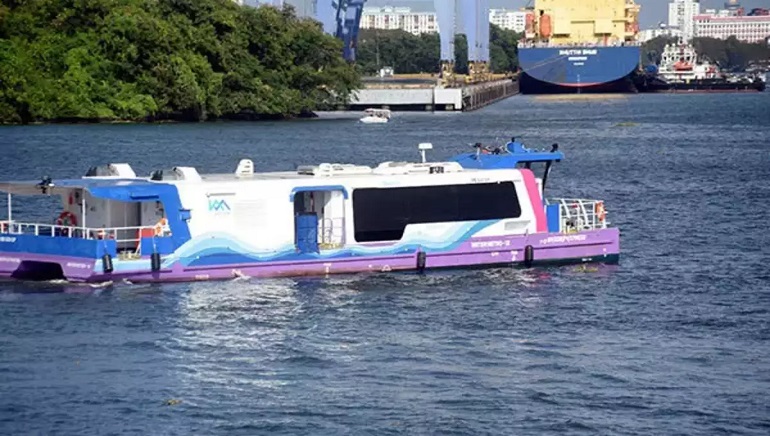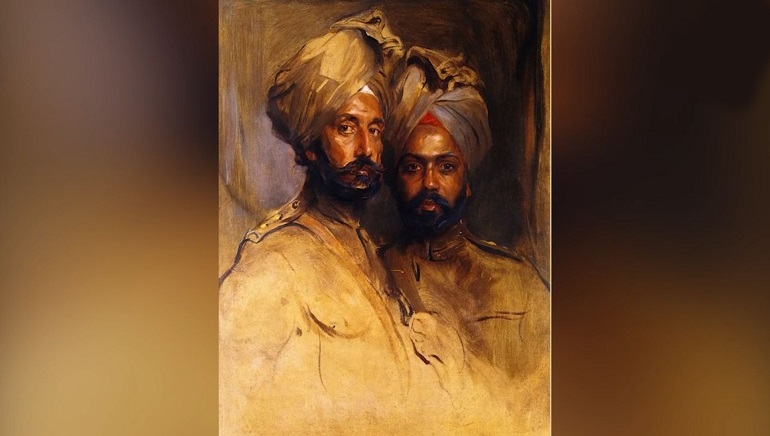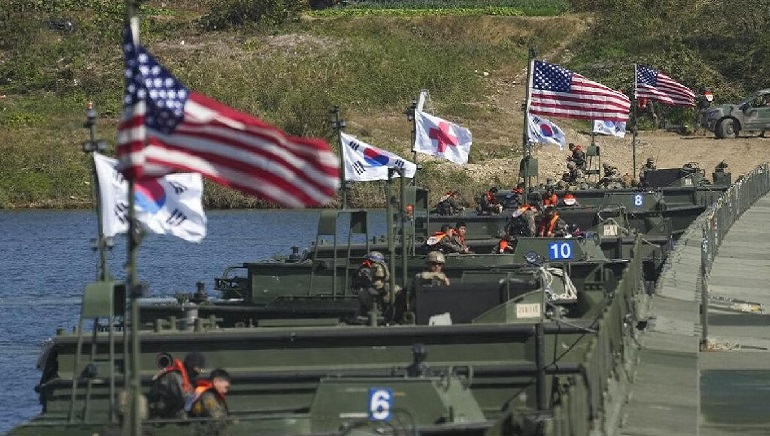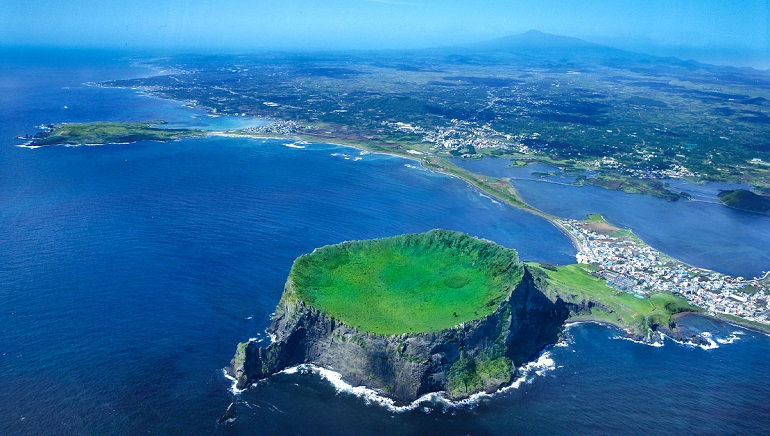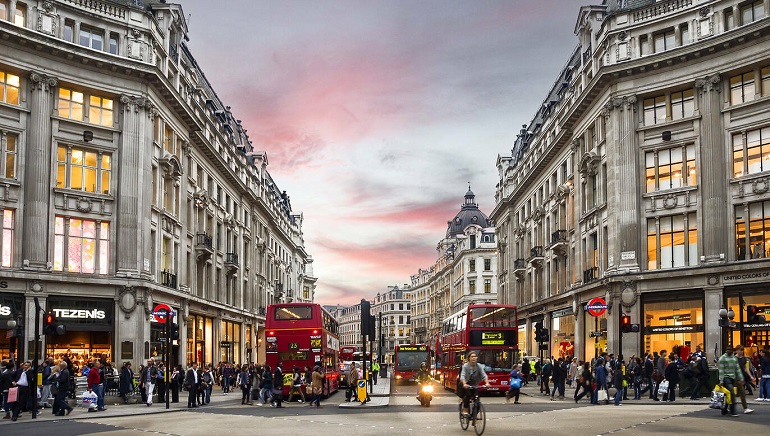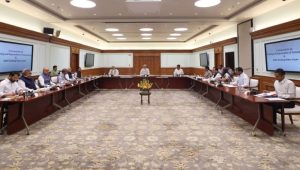An ancient structure, which provides an evidence of a “modern society” that existed thousands of years ago, has been discovered from Bandhavgarh National Park in Madhya Pradesh, India
In a survey that started on April 1, archeologists found many archaeological treasures from the national park. The researchers found paintings from the past, man-made water bodies used to collect rainwater, and a few other pieces of evidence to suggest that a modern society once existed here. The team said that the famous tiger reserve was once most likely part of an old trade route where travelling traders used rock-cut caves as shelters. It found evidence that there was some renovation 1,000 years ago to the 1,800-2,000-year-old water bodies. The team also discovered a roughly 1,500-year-old rock painting, possibly depicting an animal.
The discovery is the latest in a series of discoveries made at the Bandhavgarh National Park. Last year, The Archaeological Survey of India shared the information of unearthing 26 Buddhist caves here after a long summer exploration. It was noted that the caves would date back to the 2nd-5th century BCE.





